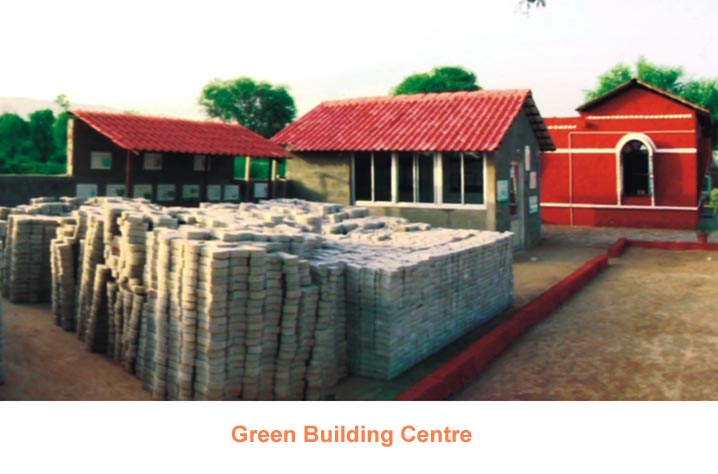|
Perspective on Accomplishing
The imperative need when we intend to solve the challenges concerning our planet is to address social, economic and environmental factors with an integrated approach. Sustainability has to be the key to achieve success on a global level. The UN General Assembly adopted a resolution that paves the way for the incorporation of sustainable development goals (SDGs) into the post-2015 development agenda. Countries have agreed to establish an intergovernmental process to develop a set of ‘action-oriented, concise and easy to communicate’ goals to help drive the implementation of sustainable development. The proposal by the Open Working Group on SDGs contains 17 goals with 169 targets covering a broad range of sustainable development issues. Like its predecessor, the Millennium Development Goals (MDGs), the overarching goal of the SDGs is to end poverty. Part of the reason why there are 17 SDGs compared to 8 MDGs is to cover all the remaining aspects and also increase the chances of success. It is inconceivable to think about ending poverty without simultaneously connecting people to a market economy via better access to infrastructure. Higher levels of productivity can only be achieved through diversification, technological upgrading and innovation, including thorough focus on high value added and labour intensive sectors. Development-oriented policies should be promoted that support productive activities, respectable job creation, entrepreneurship, creativity and innovation and encourage micro, small and medium-sized enterprises. TARA Livelihood Academy (TLA) established in 2007 by the Development Alternatives Group (DA), has developed various programmes providing self-sustaining jobs which have given livelihood to many poor people. One of the programmes aims to train women in basic literacy, computer education, life skills and enterprise development. This helps in making women literate and strengthening their income generation potential. The life skills module in this programme is focused on enhancing the personality and employability of the participating women and providing them knowledge on health, hygiene and sanitation conditions. The enterprise
development module focuses on those women who have business acumen and
an interest in self-employment. These women are helped to set up
micro-enterprises such as a biogas plants or food processing units. TLA
also tra ins them in soft skills and business related skills like how to
start and run any business.
TARA Machine and Tech Services (TMTS) is another social enterprise of the Development Alternatives Group that is committed to the sustainability principle. It markets green technology solutions and delivers business solutions to a global network of micro, small and medium enterprises. Through the sale of its technology packages to entrepreneurs across the country, TARA Machine hopes to transform the whole building material market by setting up green enterprises. An example of facilitating green jobs by TMTS is a unique initiative named the ‘Green Building Centre’ which is a one stop solution set up to cater to the material and services demands of the semi-urban and rural population. One such centre provides livelihood to around 15-20 people. 100 such green building centres are planned to be established across India by 2018. Apart from livelihood opportunities, these centres will also act as multipliers for environmental and social impact. These programmes and initiatives run for the development of the community are directly aligned to goal 8 of the SDGs. Jobs created are self-sustaining which further result in lowering down poverty levels and motivated individuals are guided to become entrepreneurs wherein they are constantly supported till they gain their confidence and are able to manage their ventures. q Sohina Singh |
